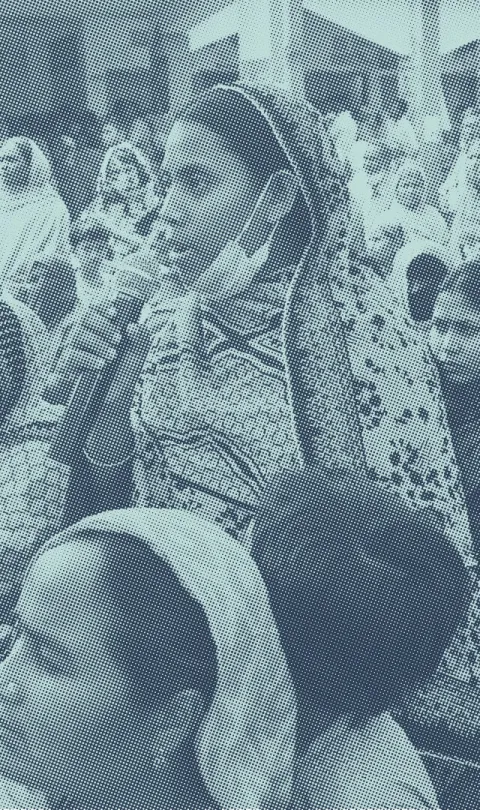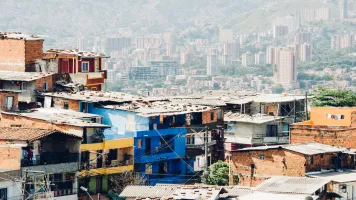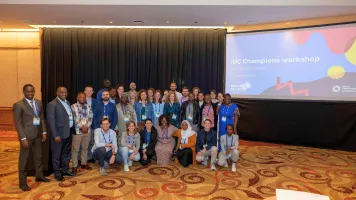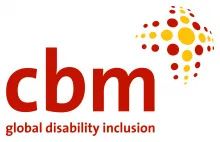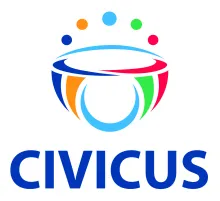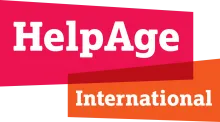People who have been marginalised have made critical contributions to the COVID-19 pandemic response: providing practical support to families, friends and peers (including food parcels); providing mutual financial aid; and translating or sharing official information. People who have been marginalised have demonstrated extraordinary resilience, adapting to the pandemic’s effects, including finding alternative sources of income.
In contrast to communities’ efforts, official government responses to COVID-19 have often overlooked or excluded people who have been marginalised. The pandemic has exposed considerable gaps and bias in official data published and used by government agencies and public bodies. These data gaps render many people and groups ‘invisible’, in turn excluding them from national responses.
The pandemic has built upon structural inequalities of our societies, disproportionately impacting people who have been marginalised.
This report uses insights from community and CSO data collected by the Civil Society Collaborative on Inclusive COVID-19 Data partners, often in close cooperation with communities, to provide a clearer picture of the impact of the COVID-19 pandemic on people who have been marginalised and their responses.
> Learn about inclusive design principles outlined by the Collaborative.
> Share your perspectives with our social media toolkit.
> Explore highlights in the interactive below.
